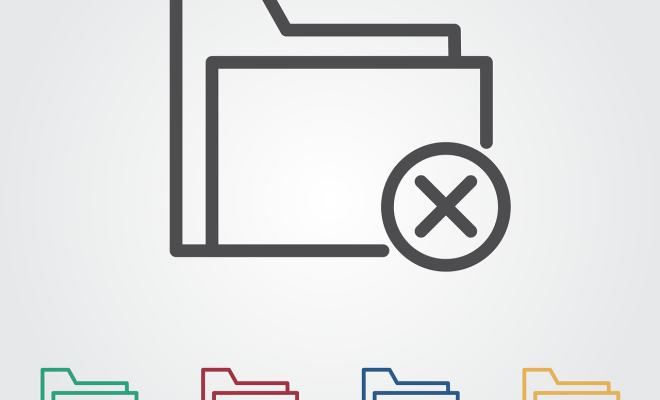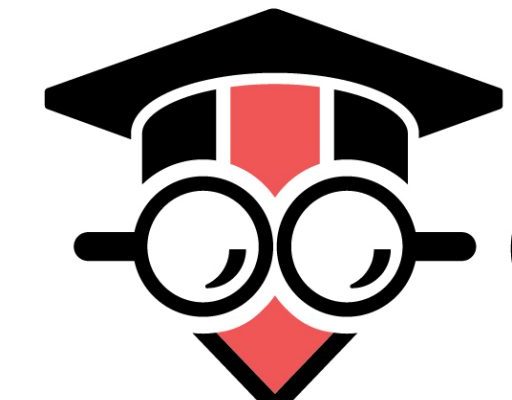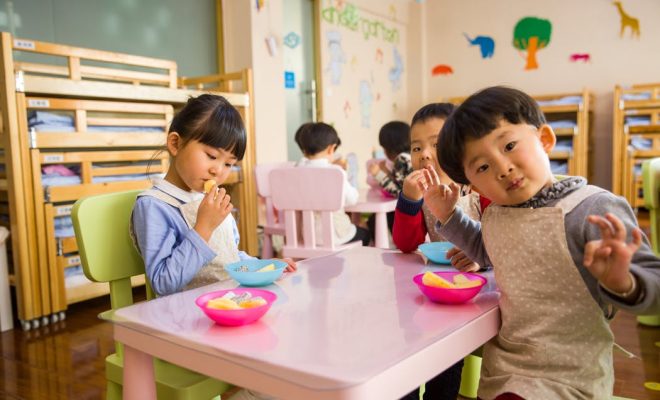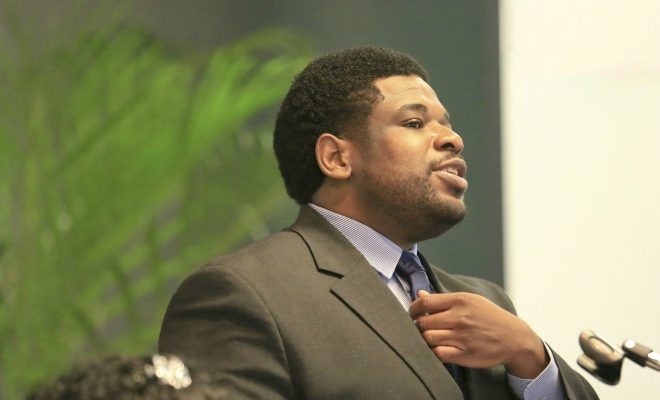Education

Education, the bedrock of societal progress, is facing a crossroads. As the world evolves at a dizzying pace, the traditional model of rote learning and standardized tests is proving increasingly inadequate. The need to adapt, to equip individuals with the skills and knowledge required for the 21st century, has never been more urgent.
The challenges are multifaceted:
Technological Disruption: The rise of artificial intelligence and automation threatens to displace traditional jobs, demanding a workforce equipped with critical thinking, problem-solving, and adaptability skills.
Global Interconnectedness: We live in a world where collaboration and understanding across cultures are essential. Education must foster global citizenship and intercultural competence.
Environmental Sustainability: The climate crisis demands an environmentally conscious citizenry, with the knowledge and skills to create a sustainable future.
Mental Health and Well-being: Stress and anxiety are on the rise, highlighting the need for education that promotes emotional intelligence, resilience, and self-care.
This calls for a paradigm shift in education. Instead of focusing solely on memorization and standardized testing, we need to prioritize:
Experiential Learning: Engaging students in real-world projects, problem-based learning, and hands-on activities fosters deeper understanding and critical thinking.
Personalized Learning: Tailoring education to individual needs and learning styles allows students to thrive and develop their unique potential.
Interdisciplinary Approaches: Breaking down silos between subjects encourages a holistic view of knowledge and equips students with the ability to connect ideas across disciplines.
Lifelong Learning: Education must not be confined to a specific period of time, but rather become an ongoing process of learning and adaptation throughout life.
Social and Emotional Learning: Integrating programs that focus on emotional intelligence, empathy, and social skills equips students with the skills to thrive in a complex and interconnected world.
This reimagined education system requires a collective effort. Policymakers, educators, parents, and the community must collaborate to create an environment that nurtures creativity, critical thinking, and lifelong learning. By embracing innovation and investing in human potential, we can equip future generations with the skills and knowledge necessary to face the challenges and opportunities of the 21st century.
Let us move beyond the confines of the textbook and embrace a future where education empowers individuals to become agents of change, shaping a world that is both equitable and sustainable.






